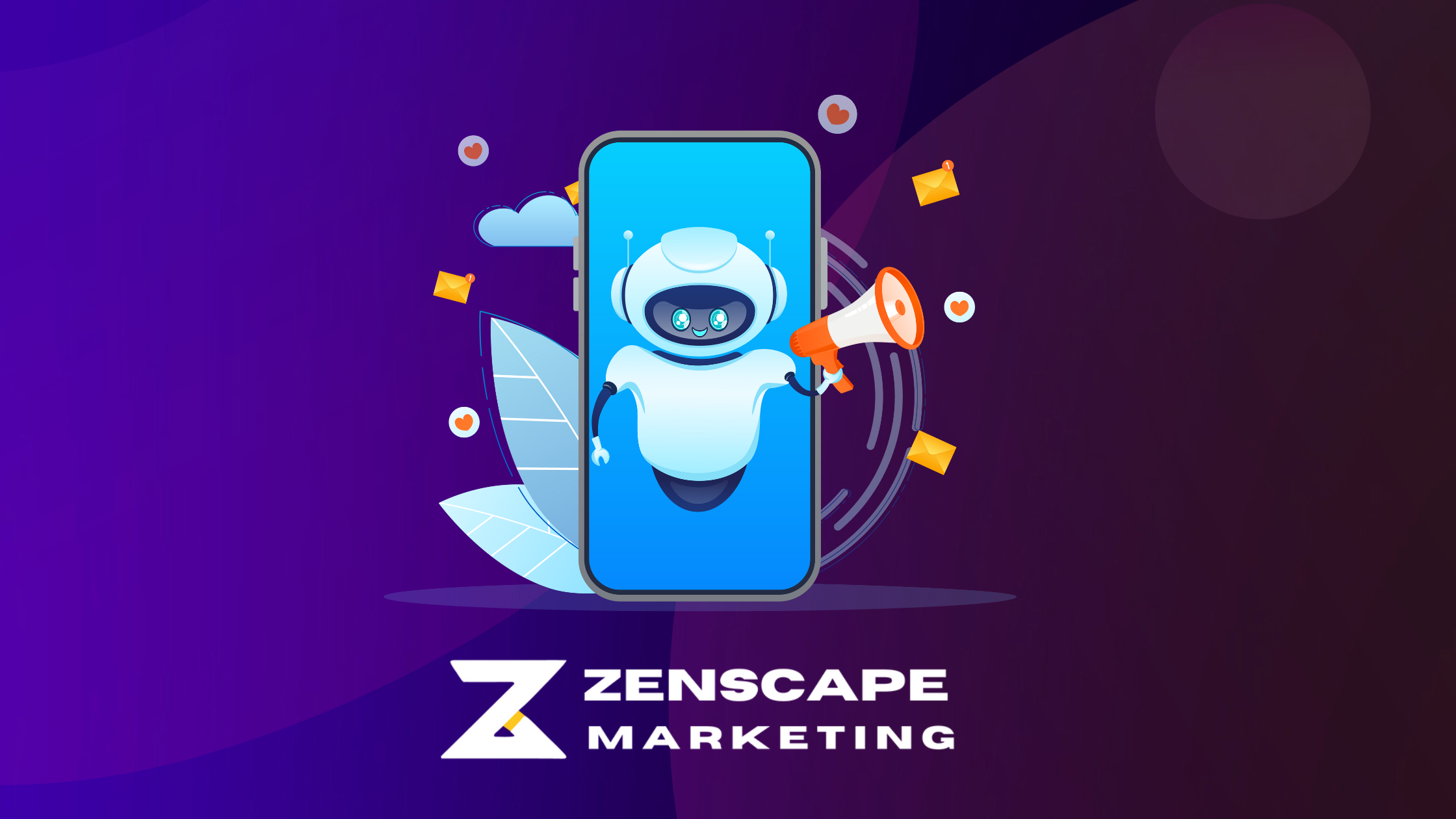In today’s digital age, consumers expect more than just generic advertisements and content. They seek personalized, relevant, and engaging experiences that cater specifically to their needs and preferences. Enter AI personalization, a powerful tool that can revolutionize your marketing strategies. Let’s dive into how you can maximize your marketing impact using AI personalization.
Understanding AI Personalization
AI personalization involves the use of artificial intelligence to tailor marketing messages, product recommendations, and user experiences based on individual consumer data and behavior. By leveraging AI algorithms, businesses can deliver highly relevant content to their audience, thus increasing engagement and loyalty.
Why AI Personalization is Essential
- Increased Customer Engagement: Personalization ensures that customers receive content that resonates with them, making them more likely to engage with your brand.
- Higher Conversion Rates: Relevant product recommendations and personalized offers can drive higher conversion rates by appealing directly to the customer’s needs and interests.
- Better Customer Retention: Personalized experiences make customers feel valued, encouraging them to stay loyal to your brand.
- Enhanced Customer Insights: AI tools can analyze vast amounts of data to provide deeper insights into customer behavior, helping you refine your marketing strategies.
How to Implement AI Personalization in Your Marketing Strategy
Data Collection and Analysis
AI personalization starts with data. Collecting and analyzing data is crucial for understanding your audience’s preferences and behavior. Here are some key steps:
- Gather Data: Collect data from various touchpoints such as website analytics, social media interactions, and purchase history.
- Segment Your Audience: Use AI algorithms to segment your audience based on demographics, behavior, and preferences.
- Analyze Data: Leverage advanced analytics tools to identify patterns and trends in your audience’s behavior.
Personalized Content and Recommendations
Once you have a clear understanding of your audience, you can create personalized content and recommendations:
- Dynamic Email Campaigns: Use AI-powered tools to create dynamic email campaigns that adapt to each recipient’s behavior and preferences.
- Customized Website Experiences: Implement AI algorithms to personalize website content and product recommendations based on user behavior.
- Targeted Advertising: Utilize AI to deliver targeted ads that are highly relevant to individual users.
Enhancing User Experience with AI
AI personalization can also enhance the overall user experience:
- Chatbots: Implement AI-powered chatbots to provide personalized assistance and support to customers in real-time.
- Predictive Search: Use AI to offer predictive search results, making it easier for users to find what they’re looking for.
- Recommendation Engines: AI-driven recommendation engines can suggest products or content that match a user’s interests and preferences.
Case Studies: Successful AI Personalization in Action
Amazon
Amazon is a prime example of how AI personalization can drive business success. Their recommendation engine analyzes customer data and behavior to suggest products that customers are likely to be interested in. As a result, Amazon’s conversion rates have significantly increased, and they continue to dominate the e-commerce market.
Netflix
Netflix uses AI algorithms to personalize the user experience by recommending shows and movies based on a subscriber’s viewing history. This personalized approach has led to increased viewer engagement and retention, making Netflix a leader in the streaming industry.
Future Trends in AI Personalization
As technology continues to evolve, the possibilities for AI personalization are endless. Here are some future trends to watch:
Voice Search Optimization
With the rise of voice assistants like Alexa and Siri, optimizing for voice search will become crucial. AI can help understand and predict user intent, delivering personalized voice search results.
Hyper-Personalization
Beyond basic personalization, hyper-personalization involves using real-time data to deliver highly relevant and individualized experiences. AI can analyze factors such as location, browsing behavior, and social media activity to create hyper-personalized content.
Augmented Reality (AR)
AI can enhance AR experiences by tailoring them to individual preferences. For instance, AI-driven AR apps can offer personalized product recommendations based on a user’s preferences and past behavior.
Conclusion
AI personalization is a game-changer for modern marketing. By leveraging AI to deliver personalized content, recommendations, and experiences, you can increase customer engagement, improve conversion rates, and boost customer loyalty. Embrace the power of AI personalization to stay ahead in the competitive digital landscape.
Ready to take your marketing to the next level? Schedule a free consultation with one of our specialists today and discover how AI personalization can transform your business.


